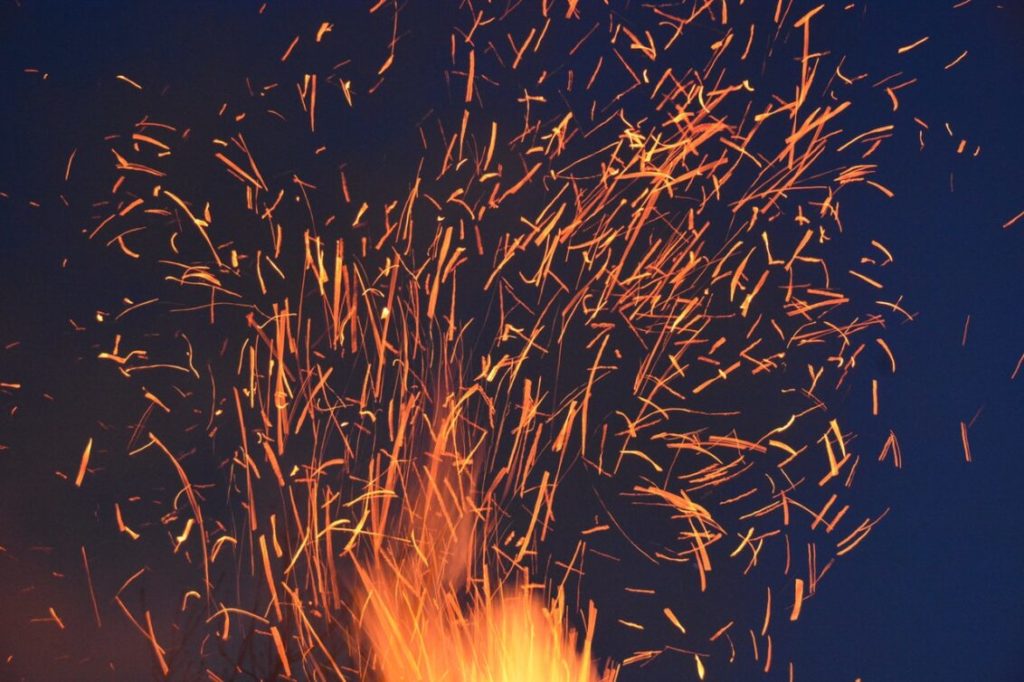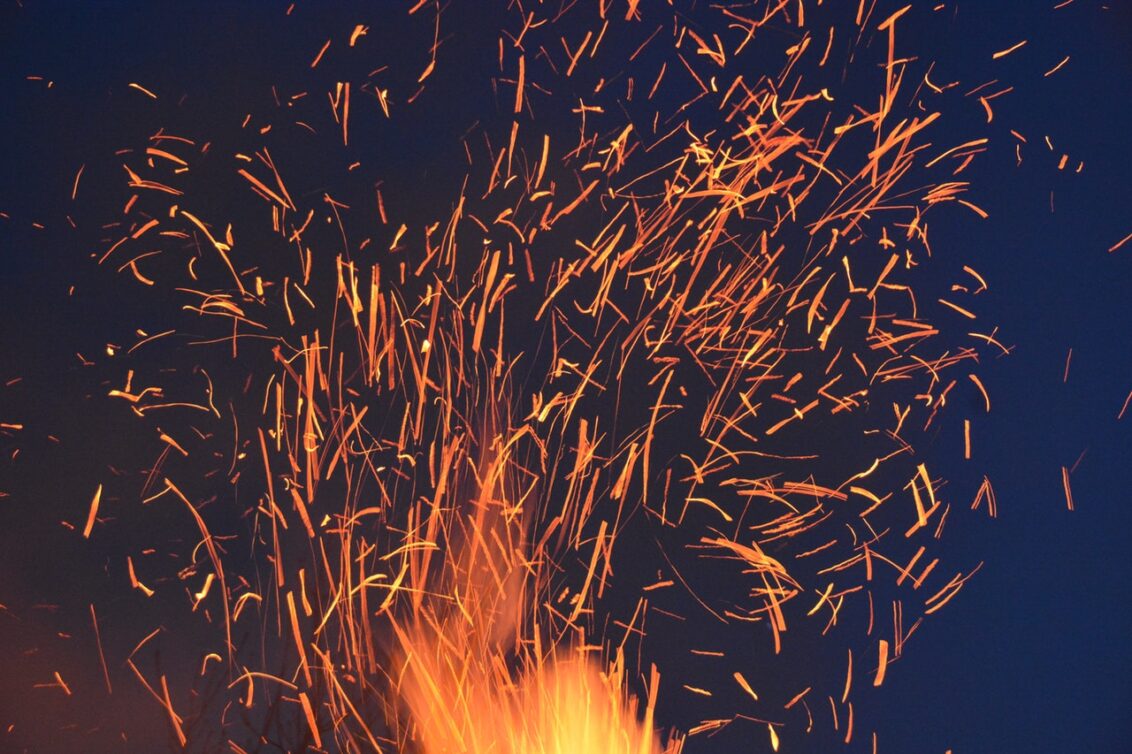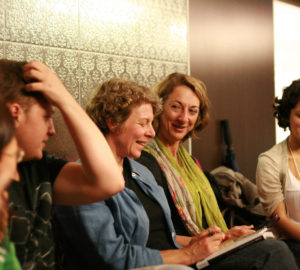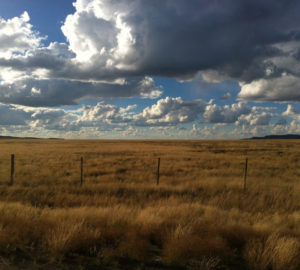
BY NOHLEE CLOETE
On my mobile phone, I have a picture saved of the urban English word ’Rastrophiliopustrocity’. It has eight syllables, and yes, I will admit that I used my fingers to count them. It means ‘a spontaneous combustion of creative spark that is followed by action in order to manifest and bring into existence.’
Nice, right? That word, rastrophilo…rastropho…, the long one, really captures it well. We’re all familiar with that moment. The quick strike of the flint that is our experience and emotions against the stone that is our subconscious. The spark that ignites the tinder of our consciousness and sets alight the bonfire of an idea within us.
It’s what forces us out of bed at 2 am during the dead of winter because we need to let the flame of that idea fill a blank page on our laptops. It’s what has us fill folders, notebooks and napkins with mind maps of our fictional worlds so complex they make Middle-Earth look like a village.
‘A spontaneous combustion of creative spark…’ is what makes our art the supreme expression of who we are.
But the rest of it? The part of the definition most people neglect?
‘…that is followed by action in order to manifest and bring into existence.’
You’re allowed a deep sigh if you know what I’m talking about.
The spark is addictive. The spark is the fun part of writing that is glorified and chased. Idea after idea. Brilliance after brilliance. Sometimes, even genius.
We love it because the spark requires absolutely zero effort.
You don’t have to force yourself to name your character; you don’t have to push yourself to recall the pleasant memory of your sister’s laughter. It takes no effort to watch fire burn.
What separates writers from those that say ‘I want to be a writer’ is the work. The labour of chopping down our vocabulary forest into simple words to feed and maintain our idea. The constant vigilance to contain and edit our fire-pit prose to help someone see what we see when we close our eyes.
We get blistered hands and singed eyebrows when we get too close to painful memories, and frustration and discouragement when the rains of writer’s block reduce our bonfires to wet coal and dim embers.
The effort of translating our fire into ordinary words – words that have to cross the cold chasms of space, time, culture and language – is immense.
The thought of the work it would take to maintain the flame within us is frightening. And, rightly so. It takes courage that can’t be found in the carbon of just anyone, grit to withstand the long hours of facing a blank page.
It takes a writer to do the work of writing.
Every writer I’ve ever admired or envied, published or unpublished, famous or unknown, has spoken the same one word of advice.
‘Write.’
Writers write. If you call yourself a writer, you will write. You will write the most words on the days when you love being a writer. But on the days when you hate writing, and you do it anyway? Those are the days that make you a writer. Those hard-fought, stubborn, raw, unfiltered sentences that you are bound to delete after a few minutes? Those are the ones that count.
Rastrophiliopustrocity is what lies between an idea and a body of work. Writing is what makes a writer.
Nohlee Cloete is the winner of the January 2020 My Writing Journey Competition.














